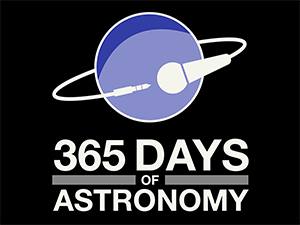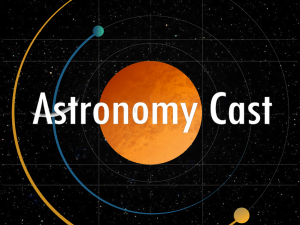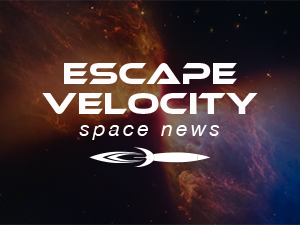
May 22, 2019, Tucson, Ariz. — The OSIRIS-REx spacecraft has been at Bennu since Dec. 3, 2018, mapping the asteroid in detail, while the mission team searches for a sample collection site that is safe, conducive to sample collection, and worthy of closer study. One of the biggest challenges of this effort is that Bennu has an extremely rocky surface and each boulder presents a danger to the spacecraft’s safety as it touches down and grabs a sample.
To expedite the sample selection process, PSI has been funded to develop a hazard map by flagging boulders identified by the public. This will be accomplished by the CosmoQuest program, developed and directed by Senior Scientist Pamela L. Gay, a pioneer of citizen science on the Web.
You can help find the best place on asteroid Bennu to collect a sample for return to Earth for study by going to Bennu.cosmoquest.org and marking the locations of small rocks, boulders, and craters in high resolution images. In addition to finding safe places to grab a rock, your data will also help identify other scientifically interesting features on the asteroid.
“CosmoQuest was the first citizen science platform to achieve surface science results from the general public that are comparable to those of professionals,” said Gay, “This is high precision work that requires the citizen scientist to use a computer, but it is not difficult work. The mapping app works on computers with a larger screen so you can use a mouse or track pad to make precise marks. There is an interactive tutorial to teach you everything you need to know, and the CosmoQuest team is here to help you.”
“For the safety of the spacecraft, the mission team needs a comprehensive catalog of all the boulders near the potential sample collection sites, and I invite members of the public to assist the OSIRIS-REx mission team in accomplishing this essential task,” said Dante Lauretta, OSIRIS-REx principal investigator at the University of Arizona in Tucson.
The mission’s Touch-and-Go (TAG) sampling maneuver is scheduled for July 2020, and the spacecraft will return to Earth with its cargo in September 2023.
MEDIA CONTACT:
Alan Fischer
Public Information Officer
520-382-0411
fischer@psi.edu
SCIENCE CONTACT:
Pamela L. Gay
CosmoQuest,
director and PSI senior scientist
plg@psi.edu
PSI INFORMATION:
Mark V. Sykes
Director
520-622-6300
sykes@psi.edu
PSI HOMEPAGE:
PSI PRESS RELEASES:
THE PLANETARY
SCIENCE INSTITUTE:
The Planetary
Science Institute is a private, nonprofit 501(c)(3) corporation dedicated to
solar system exploration. It is headquartered in Tucson, Arizona, where it was
founded in 1972.
PSI scientists are
involved in numerous NASA and international missions, the study of Mars and
other planets, the Moon, asteroids, comets, interplanetary dust, impact
physics, the origin of the solar system, extra-solar planet formation, dynamics,
the rise of life, and other areas of research. They conduct fieldwork on all
continents around the world. They also are actively involved in science
education and public outreach through school programs, children’s books,
popular science books and art.
PSI scientists are
based in 27 states and the District of Columbia, and work from various
locations around the world.



